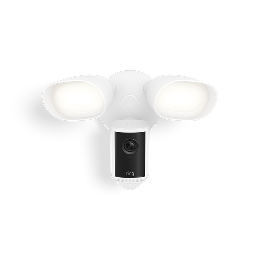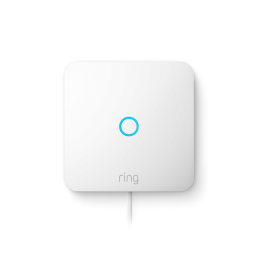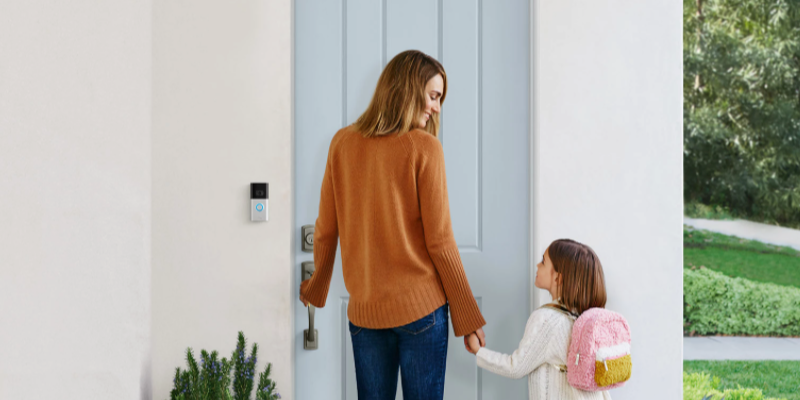According to our latest research[1], the way we all view our home has changed significantly over the past months. In fact, 53% of Brits are viewing their homes in a more positive light since the initial lockdown period began.
In a short space of time, our consumer habits, movements and daily practices have had to rapidly adapt to the diverse range of lockdown measures brought into effect around the world. The shift to stay at home has been immense, and has quickly moved our lifestyle practices from the outside to the inside. Starting with 'work from home' mandates, we soon found ourselves socialising (via online meeting platforms), shopping, and even exercising from home.
At Ring, we know the meaning of home is so much more than just four walls and this has never been more apparent than over the past couple of months. With that in mind, we've been looking at how attitudes towards the home have changed in 2020 - a year of unparalleled change. We've gathered our learnings into a new report: ‘Home: A New Meaning’, exploring the impact that more than 12 weeks of lockdown has had on our feelings toward the spaces we call home.
Some interesting stats include:
- Over half of Brits (53%) are viewing their homes in a more positive light since the initial lockdown period began.
- From decor to home security, Brits are now more protective of the space they call home than ever before
- Personal ties to the home are strong, with 61%[2] of consumers viewing their homes as an extension of themselves
Exploring key home trends of 2020 and the recent impact of lockdown, the report also seeks to understand what the future of the ‘home’ might mean for consumers across the U.K. It includes commentary from interior designer Samantha Watkins McRae, as well as insight from Professor Dale Southerton, an expert in the field of Sociology of Consumption and Organisation at the University of Bristol.
Traditionally, homes have signified places of refuge, comfort, and safety. As such, these are the spaces in which our interior lives develop and unfold, threaded together by the connections between family, community, and the individual self. This is largely underpinned by our understanding of the home as a private space in which we retreat from work, relax, and engage with those closest to us.
The meaning of home has undoubtedly taken on new significance in recent months. We deep dive into the emotional role home plays for many, revealing the true meaning of the home.
Changes to Our Homes Now and in the Future
The function of the home has also changed:
- 57% of consumers have adapted their homes to serve new purposes
- 19% have converted their living rooms or garage/garden spaces into work areas
- 11% of consumers are using different rooms as home gyms
- 10% are using their living room as a hub for small businesses or their garage as a production hub for business/creative projects.
Wider home improvements have also been popular, with decluttering the most popular lockdown activity – 47% say they have had an extensive clear out over the last six months. As well as buying house plants and adding more greenery (24%), investing in smart home technology (10%) was also a key change.
Lockdown has inspired a nation of consumers wanting to protect their home (64%), with 39% saying they have given more thought to home appearance and 25% considering security. Smart home technology has been key, as 17% of Brits are using video doorbells for contactless delivery on their doorstep or security cameras for communicating with elderly relatives during lockdown.
After what has been a difficult time for so many, our research shows that people appreciate the spaces they call home now more than ever. Time spent investing in home improvements and adapting their home space has made them more aware of the value their homes hold. How to keep homes secure therefore remains an important consideration for consumers and one we predict will be part of the longer-term changes as we move forward.
To find out more, download the full report here.

1. Research commissioned by Ring and conducted by Censuswide from 21st – 24th August 2020.
2. This result includes strongly and somewhat agree responses.






